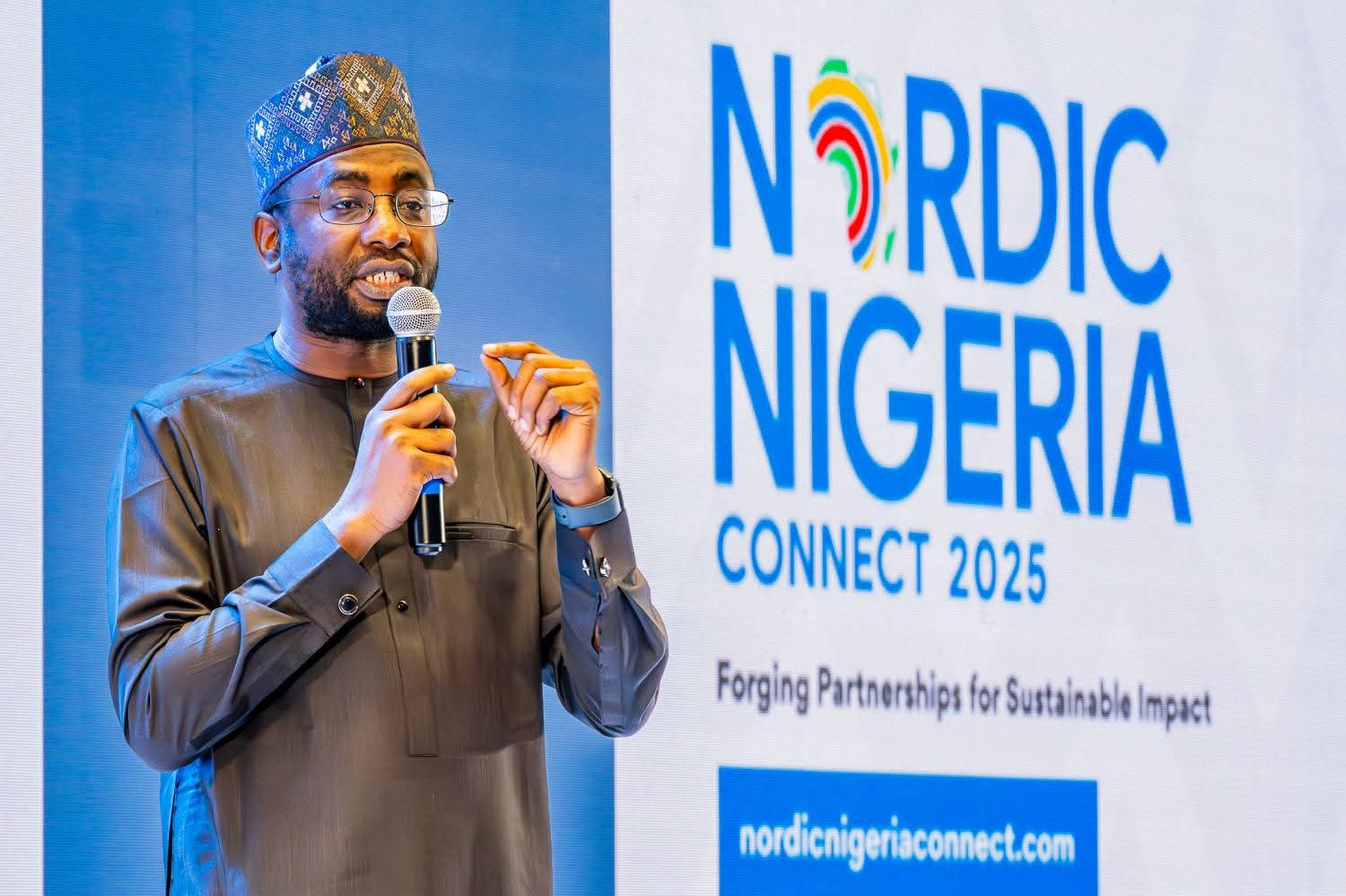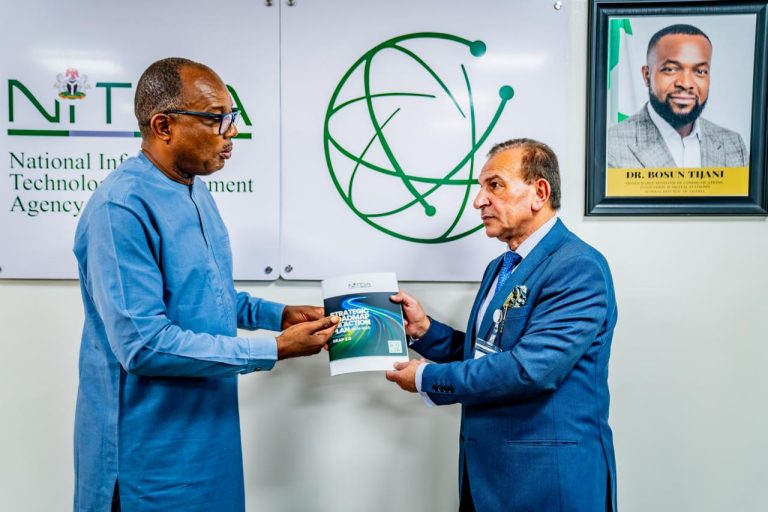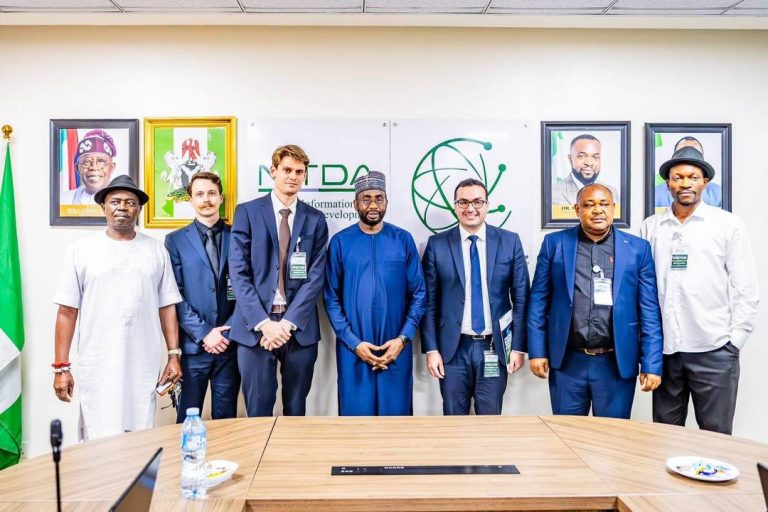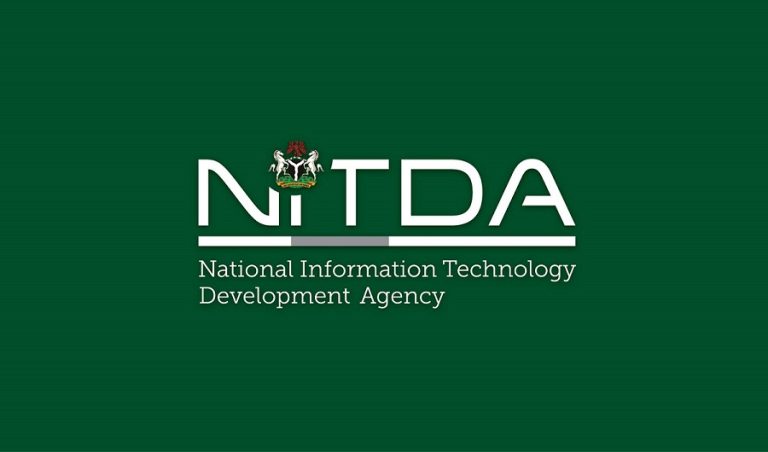
Nigeria is advancing a comprehensive strategy to build a resilient and inclusive digital economy, with a focus on infrastructure development, digital sovereignty, and innovation, according to Kashifu Inuwa Abdullahi, Director General of the National Information Technology Development Agency (NITDA).
Speaking at the NORDIC Nigeria Connect 2025 conference in Lagos, Inuwa said the country’s digital transformation aligns with President Bola Ahmed Tinubu’s Renewed Hope Agenda, which emphasizes economic reform, infrastructure expansion, and digital innovation.
“Nigeria’s digital ambition goes beyond building infrastructure—it is about creating a new national operating system based on inclusivity, security, and sustainability,” he said during a keynote address titled “Nigeria’s Digital Infrastructure Ambition and Path to Sustainability.”
Building a New Digital Framework
The NITDA Director General outlined a two-layered approach to Nigeria’s digital vision: a Shared Digital Backbone, consisting of physical infrastructure like fiber-optic cables, data centers, and cloud services; and an Operational Backbone, which includes Nigeria’s Digital Public Infrastructure (DPI) — such as digital identity systems, payments platforms, and secure data exchange.
These components, Inuwa said, are critical to enabling a unified, nationwide digital ecosystem that supports local innovation and safeguards national interests.
Citing a recent Amazon Web Services (AWS) outage that disrupted operations across multiple African countries, Inuwa warned of the risks of over-dependence on foreign technology providers.
“This incident is a stark reminder that digital independence is not optional. We must build capacity for digital self-determination,” he said.
Strategy Anchored on Policy, People, and Partnerships
Inuwa identified three foundational pillars driving Nigeria’s digital transformation:
Policy: The government is creating a pro-innovation legal and regulatory environment through instruments like the Nigeria Startup Act and Data Protection Act, which aim to protect users and attract investment.
People: With initiatives such as the Three Million Technical Talent (3MTT) programme and the National Digital Literacy Framework, Nigeria is investing in human capital to meet future digital demands.
Partnerships: Inuwa emphasized the importance of structured global collaborations, particularly in emerging technologies. He said Nigeria is shifting from ad-hoc engagements to long-term partnerships that support technology transfer, joint ventures, and co-development of solutions like Artificial Intelligence.
Key Projects in Progress
Several initiatives are already underway to actualize the country’s digital goals:
Project BRIDGE is extending Nigeria’s fiber-optic coverage to 125,000 kilometers through public-private partnerships.
The National Sovereign Cloud Initiative is promoting localized, secure data hosting.
The Nigeria Stack is integrating digital ID, payments, and data-sharing services.
The OneGOV Platform will serve as a single portal for all government services.
The National Centre for Artificial Intelligence and Robotics (NCAIR) is spearheading AI development through the AI Collective and N-ATLAS, Nigeria’s indigenous large language model.
Nordic Collaboration Highlighted
Inuwa also highlighted the strategic importance of Nordic countries in Nigeria’s digital journey, pointing to opportunities for technology exchange and collaboration in innovation and sustainability.
“With their proven track record in digital development and Nigeria’s vibrant tech talent, we can co-create solutions that scale globally,” he said.
He concluded by reaffirming the country’s commitment to a future-ready digital economy.
“With a clear strategy and inclusive policies, Nigeria is positioned not only to achieve digital sustainability but also to lead Africa’s digital transformation,” Inuwa stated.




